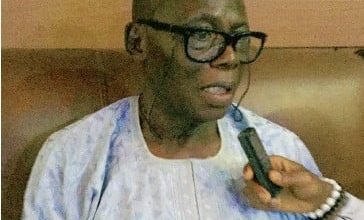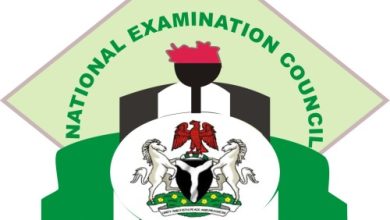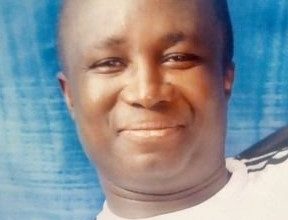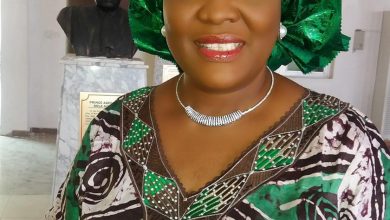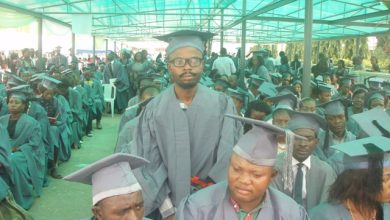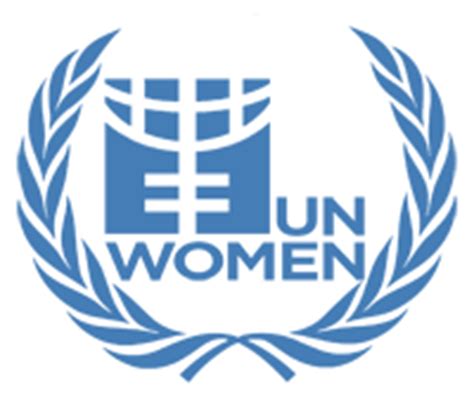
United Nations trains Nigerian journalists on gender sensitive reporting
The United Nations (UN) Women (UNWomen) in partnership with Women Radio (WFM) and funding from the Canadian Government have trained 20 political reporters in Nigeria on gender sensitive reporting ahead of the 2023 general elections.
Penpushing reports that, the 2-day training held in Lagos, and had in attendance political reporters drawn from major news media including the prints, broadcast (Television and Radio), as well as online media.
The reporters from notable media organisations across the country had the opportunity of exposing themelves to equipping on how best to report women issues in the right perspective before, during and after the general elections.
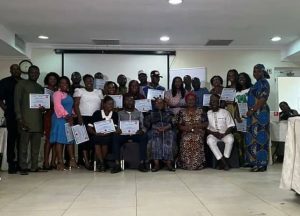
Penpushing further reports that, the United Nations (UN) Country Representative to Nigeria and Economic Community of West Africa (ECOWAS), Beatrice Eyong in her remarks pointed out that so many things would go wrong if journalists fail to rightly report gender issues.
The country representative of the world body, added that the socio-political and economic development of the country is hinged on how positively issues of gender equality is brought to the fore, explaining that it was not targeted at men but advocating for equal representation and opportunities at all levels.
“Gender equality is not targeted at the men, but advocating for equal representation and opportunities at all levels of our lives. It doesn’t mean to topple the men, but to give them more powers if the women are also recognized in the scheme of things” she added.
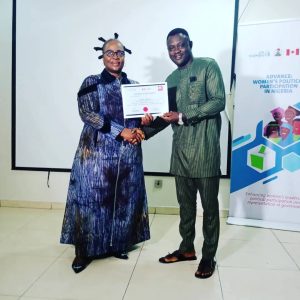
Penpushing also reports that, the Chief Executive Officer, Women Radio, Toun Okewale- Sonaiya while speaking on the 50-50 strategy stated that journalists must be deliberate in an inclusive, responsive and balance report at all news beats.
The veteran broadcaster emphasized the need to ensure equal representation of all gender in news reporting, adding that, best practices in reporting women issues would be to avoid generic pronouns, sterotypes and assumptions
‘The best practices in reporting women issues would be to avoid generic pronouns, stereotypes and assumptions. Avoid gender specific words, give equal representation as news sources or news content, and be mindful of unconscious biases targeted towards women”, she sressed
Penpushing reports that, other guest speakers at the training include:t he National Information Officer, United Nations Information Center (UNIC),Dr Seyi Soremekun ,the Executive Director, Wole Soyinka Center for Investigative Journalism (WSCIJ), Motunrayo Alaka and veteran journalist, Ene Ede
FOOTNOTE: You want to share story with us? You want to advertise with us? You need publicity for product, or service, or event? Contact us on WhatsApp +2348073463653 or email penpushing@yahoo.com



